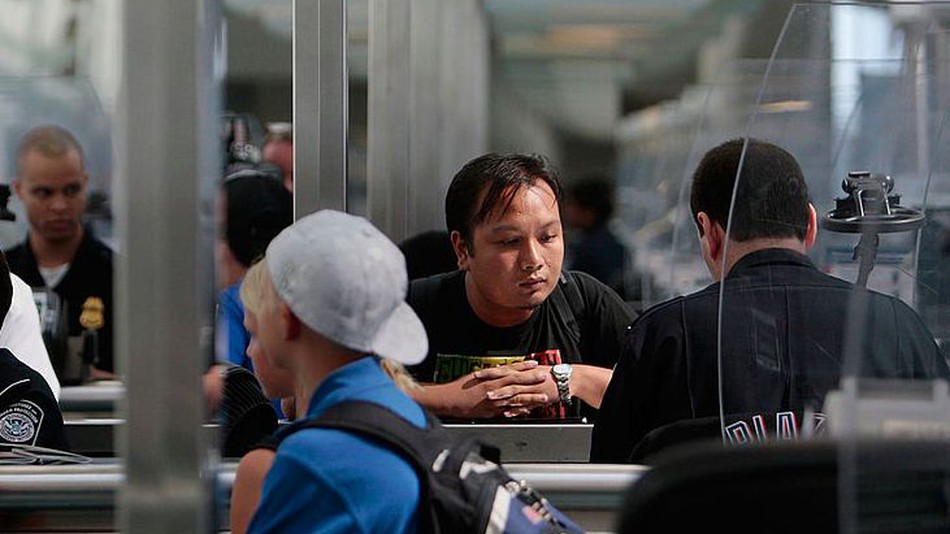The U.S. border control is seeking to check Chinese visitors' social media profiles. U.S. Customs and Border Protection (CBP) plans to publish a proposal asking travellers from China to disclose what social media platforms they use, and what their handles are, according to Politico. Holders of business and visitor visas will be affected by the move — amounting to almost 3.6 million applicants per year, the proposal estimates. The move is meant to increase security as well as to "facilitate legitimate travel." The public has 60 days to comment on the proposal before it will be formally considered. Popular social media websites such as Facebook are blocked in China, with the majority of Chinese citizens using social media sites such as Weibo and Renren. The U.S. had already started scanning social media accounts last year, for people entering the country through its Visa Waiver Program. https://t.co/Txast3qCgP — Deborah Robinson (@redgypsee) February 10, 2017 @scalzi you think customs would believe I don’t have social media accounts? They could search for them while detaining me. — Ali Hakim (@ahakim) February 9, 2017 Earlier this year, U.S. President Donald Trump had issued an executive order banning people from seven Muslim-majority countries from entering the gates.
/https%3A%2F%2Fblueprint-api-production.s3.amazonaws.com%2Fuploads%2Fcard%2Fimage%2F388854%2F79ebb686-d372-4e62-a71e-a4ae62951a79.jpg)
The U.S. border control is seeking to check Chinese visitors’ social media profiles.
U.S. Customs and Border Protection (CBP) plans to publish a proposal asking travellers from China to disclose what social media platforms they use, and what their handles are, according to Politico.
Holders of business and visitor visas will be affected by the move — amounting to almost 3.6 million applicants per year, the proposal estimates.
However, travellers can choose not to disclose the information, and will still have their requests processed “without a negative interpretation or inference.”
The move is meant to increase security as well as to “facilitate legitimate travel.”
The public has 60 days to comment on the proposal before it will be formally considered.
Popular social media websites such as Facebook are…

COMMENTS